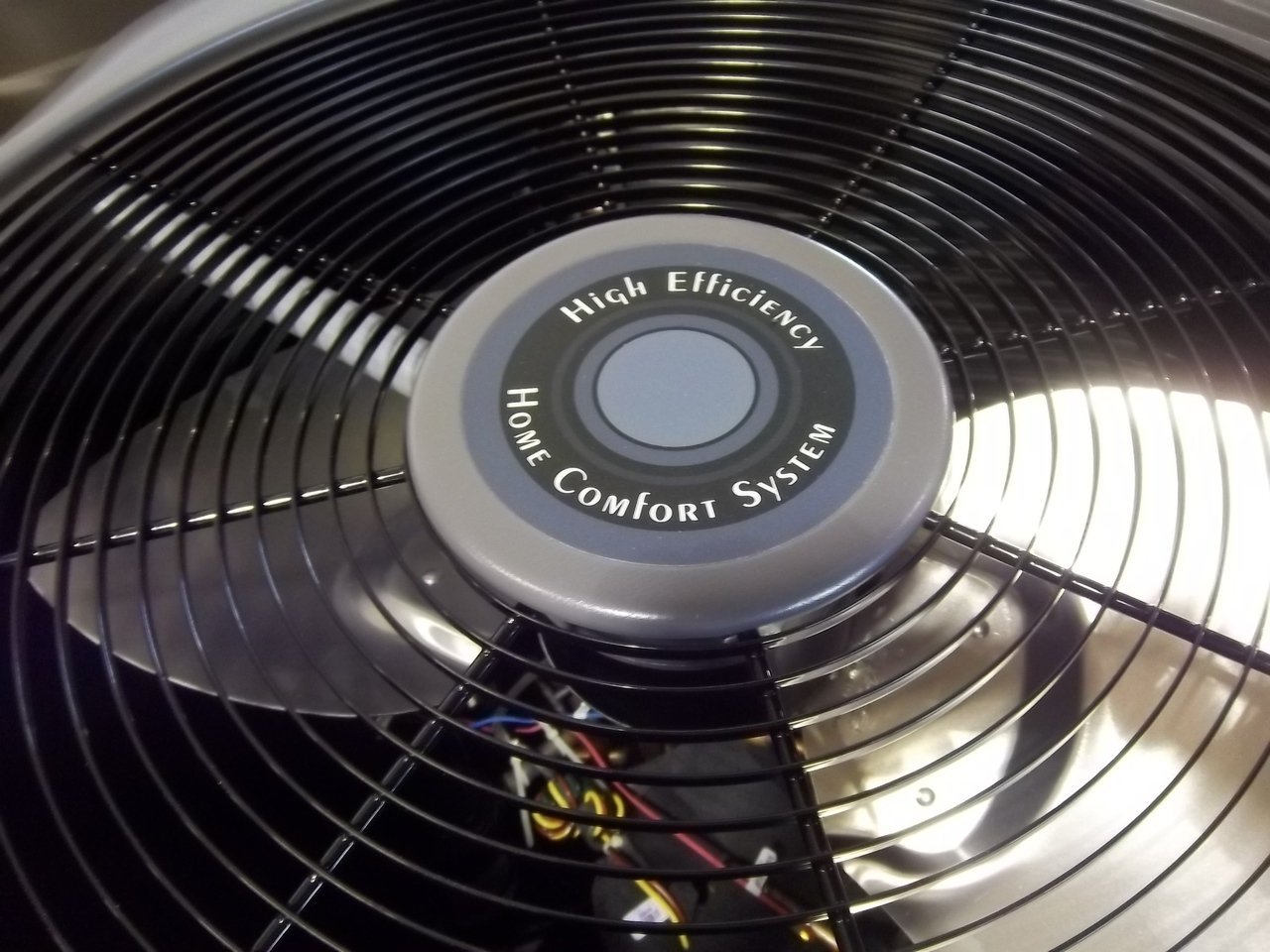

Articles
Why Is My HVAC Fan So Loud
Modified: October 27, 2024
Discover the reasons why your HVAC fan is so loud with our informative articles. Learn how to troubleshoot and resolve the issue for a quieter and more comfortable home.
(Many of the links in this article redirect to a specific reviewed product. Your purchase of these products through affiliate links helps to generate commission for Storables.com, at no extra cost. Learn more)
Introduction
Having a properly functioning HVAC system is crucial for maintaining a comfortable indoor environment. However, one common issue that homeowners often encounter is a noisy HVAC fan. An excessively loud fan can be not only annoying but also a sign of an underlying problem with your heating, ventilation, and air conditioning system.
Understanding the causes of a loud HVAC fan can help you determine whether it’s a minor issue that you can address on your own or if it’s a more significant problem that requires professional attention. In this article, we’ll explore the common reasons behind a noisy HVAC fan and provide you with some useful tips on how to reduce the noise.
Let’s dive in and discover why your HVAC fan might be making such a ruckus.
Key Takeaways:
- Regular maintenance, including cleaning filters and inspecting ductwork, is crucial for reducing HVAC fan noise and ensuring optimal system performance and longevity.
- Upgrading to a quieter HVAC system can significantly minimize fan noise, enhance comfort, and improve energy efficiency, providing a peaceful and tranquil indoor environment.
Read more: Why Is My Electric Kettle So Loud
Causes of Loud HVAC Fan Noise
There are several potential causes for a loud HVAC fan. Identifying the root cause is essential in order to address the issue effectively. Here are some common reasons why your HVAC fan might be creating excessive noise:
- Poor Maintenance: One of the main reasons for a noisy HVAC fan is a lack of regular maintenance. Over time, dust and debris can accumulate in the system, causing the fan to work harder and become louder.
- Dirty or Clogged Filters: A clogged or dirty air filter can restrict airflow, leading to increased pressure on the fan. This can result in a noisy operation as the fan struggles to push air through the system.
- Fan Motor Issues: The fan motor plays a crucial role in the operation of your HVAC system. If the motor is malfunctioning or experiencing wear and tear, it can produce loud noises during operation.
- Loose or Damaged Fan Blades: Over time, the fan blades can become loose or bent. This can cause them to hit against other components, creating a loud rattling or banging noise.
- Ductwork Problems: Issues with the ductwork, such as leaks or improper insulation, can result in air turbulence and noise as the air flows through the system.
- Unbalanced System: An unbalanced HVAC system can cause the fan to vibrate excessively, leading to noise. This can happen if the fan itself is not properly aligned or if the system as a whole is not balanced.
- Age and Wear: Over time, various components of the HVAC system can deteriorate and become less efficient. This can lead to increased noise levels as the system struggles to function properly.
By understanding the potential causes of a loud HVAC fan, you can begin to diagnose the issue and take appropriate measures to reduce the noise. In the next section, we will explore some effective strategies to help you minimize the noise produced by your HVAC fan.
Poor Maintenance
Poor maintenance is one of the primary causes of a noisy HVAC fan. Neglecting regular maintenance tasks can lead to the accumulation of dust, debris, and other particles in your system, causing the fan to work harder and produce more noise.
To prevent this, it’s essential to prioritize regular maintenance of your HVAC system. Here are some key maintenance tasks to keep in mind:
- Clean the system: Regularly clean the exterior of the unit, including the fan and its surrounding area. Use a soft cloth or brush to remove any dust or debris that may have accumulated over time.
- Inspect and clean the fan blades: Carefully inspect the fan blades for any signs of dirt or damage. If you notice a buildup of dirt, gently clean the blades using a damp cloth or a soft brush. This will help ensure smooth operation and reduce noise.
- Lubricate moving parts: Lubricate the moving parts of the fan, such as bearings or the motor, as recommended by the manufacturer. Proper lubrication can help reduce friction and noise.
- Check for loose components: Regularly inspect the system for any loose bolts, screws, or other components. Tighten any loose connections to prevent unnecessary vibration and noise during operation.
- Schedule professional maintenance: In addition to regular DIY maintenance, it’s crucial to schedule professional HVAC maintenance at least once a year. A qualified technician can thoroughly clean and inspect your system, identify any potential issues, and ensure optimal performance.
By maintaining your HVAC system regularly, you can minimize the risk of a noisy fan and improve the overall performance and longevity of your system. Remember to consult your HVAC system’s manual for specific maintenance instructions and recommendations from the manufacturer.
Dirty or Clogged Filters
A dirty or clogged air filter is another common culprit behind a noisy HVAC fan. When the air filter becomes dirty, it restricts the airflow, forcing the fan to work harder to push air through the system. This additional strain can result in increased noise levels.
To address this issue, it’s important to regularly clean or replace your air filters. Here are some steps you can follow:
- Check the filter: Locate the air filter in your HVAC system. Depending on the type of filter you have, it may be reusable or disposable.
- Clean or replace the filter: If you have a reusable filter, remove it from the system and clean it according to the manufacturer’s instructions. This usually involves rinsing it with water or using a vacuum to remove dust and debris. If you have a disposable filter, replace it with a new one.
- Set a regular schedule: Develop a schedule for checking and cleaning/replacing your air filters. Depending on the type of filter and the air quality in your home, this may range from monthly to quarterly intervals. Consistency is key to ensuring a well-functioning HVAC system.
- Consider higher efficiency filters: If you frequently deal with dust or allergies, consider upgrading to a higher efficiency air filter. These filters can trap smaller particles, resulting in better air quality and potentially reducing the strain on the fan.
- Consult with a professional: If you’re unsure about how to clean or replace your air filters, or if you want to explore more advanced filtration options, it’s best to consult with a professional HVAC technician. They can guide you on the best practices for your specific system.
By keeping your air filters clean and replacing them regularly, you can ensure proper airflow, reduce strain on the HVAC fan, and minimize unnecessary noise in your home.
Fan Motor Issues
The fan motor in your HVAC system is responsible for circulating air throughout your home. If there are issues with the fan motor, it can result in increased noise levels. Here are some common fan motor problems that can lead to a loud HVAC fan:
- Motor Bearings: Over time, the motor bearings can wear out, leading to increased friction and noise. If you notice a loud humming, squeaking, or grinding noise coming from your HVAC system, it’s likely due to worn-out motor bearings.
- Lack of Lubrication: Like any moving part, the fan motor requires proper lubrication to operate smoothly. If the motor is not adequately lubricated, it can generate friction and noise during operation. Regularly lubricating the motor, as recommended by the manufacturer, can help reduce noise levels.
- Misaligned Fan Motor: If the fan motor is not properly aligned, it can cause excessive vibration and noise. This misalignment can occur due to loose or damaged brackets or other components that hold the motor in place.
- Faulty Motor Components: Various components, such as capacitors or windings, within the fan motor can deteriorate over time. This can result in abnormal noise during operation. A professional HVAC technician can diagnose and repair or replace these faulty components.
- Motor Age and Wear: As with any mechanical component, the fan motor can deteriorate over time. The age and wear of the motor can contribute to increased noise levels. In some cases, a complete motor replacement might be necessary to resolve the issue.
If you suspect that your HVAC fan noise is due to fan motor issues, it’s recommended to contact a professional HVAC technician. They will have the expertise to diagnose the problem and determine the appropriate course of action, whether it’s lubricating the motor, realigning it, or replacing faulty components or the entire motor.
Read more: Why Is My Bathtub Drain So Loud
Loose or Damaged Fan Blades
The fan blades in your HVAC system play a crucial role in creating airflow. However, if the fan blades become loose or damaged, they can cause excessive noise during operation. Here are some reasons why your fan blades may be contributing to a loud HVAC fan:
- Loose Fan Blades: Over time, the fan blades can become loose due to wear and tear or improper installation. When the fan spins, the loose blades can hit against other components, resulting in a rattling or banging noise.
- Bent or Misshapen Blades: If the fan blades have been bent or become misshapen, they may interfere with the smooth airflow. This can cause turbulence and generate noise as the air passes through the system.
- Buildup of Dirt and Debris: Dust and debris can accumulate on the fan blades, leading to an imbalance in the system. This imbalance can cause the fan to vibrate and produce noise. Regular cleaning of the blades can help reduce this issue.
- Damaged Blade Bearings: The fan blades are attached to a motor shaft using bearings. If these bearings become worn or damaged, the fan blades can wobble or become misaligned, resulting in noise during operation.
- Damaged or Deteriorated Blade Insulation: Some fan blades have insulation or damping material attached to them to reduce noise. If this insulation becomes damaged or deteriorated, it can lead to increased noise levels.
If you suspect that loose or damaged fan blades are causing the noise in your HVAC system, it’s important to address the issue promptly. Here are a few steps you can take:
- Tighten Loose Blades: If you notice that the fan blades are loose, carefully tighten them using the appropriate tools. Be sure to follow the manufacturer’s instructions to avoid causing further damage.
- Repair or Replace Damaged Blades: If the fan blades are bent, misshapen, or damaged beyond repair, consider replacing them. Contact a professional HVAC technician to help you identify and install suitable replacement blades.
- Clean the Blades: If the fan blades are dirty, gently clean them using a soft cloth or brush. Ensure that the power to the HVAC system is turned off before performing any cleaning. Removing the buildup of dirt and debris can help restore balance and reduce noise.
- Consult with a Professional: If you are unsure about how to tighten or replace fan blades, or if you suspect that the issue goes beyond the blades themselves, it’s best to consult with an HVAC professional. They have the expertise to diagnose the problem and recommend the appropriate solution.
By addressing loose or damaged fan blades, you can help reduce the noise levels in your HVAC system and restore smooth airflow for optimal performance.
Ductwork Problems
The ductwork in your HVAC system is responsible for delivering conditioned air to different parts of your home. If there are issues with the ductwork, such as leaks or improper insulation, it can lead to noise as the air flows through the system. Here are some common ductwork problems that can contribute to a loud HVAC fan:
- Leaky Ducts: Leaks in the ductwork can cause air to escape, resulting in reduced airflow and increased noise. These leaks can occur due to poor installation, aging ductwork, or damage caused by pests or construction activities.
- Improper Ductwork Insulation: Inadequate insulation around the ductwork can lead to temperature fluctuations and increased noise levels. Insulation helps in maintaining consistent airflow and reducing noise caused by the movement of air through the ducts.
- Unbalanced Airflow: If the airflow in the ductwork is unbalanced, with some areas receiving more air than others, it can result in increased noise levels. This imbalance can be caused by improper duct sizing, closed or blocked vents, or obstructions within the ducts.
- Ducts in Contact with Walls or Floors: When ducts come in contact with walls or floors, they can transmit vibrations and noise. Proper insulation or the use of vibration-dampening materials can help minimize these vibrations and reduce noise levels.
- Improper Duct Design: Poor duct design can lead to turbulent airflow and increased noise. This can occur if the ducts have sharp turns, are too small or too large for the airflow requirements, or if there are too many bends in the ductwork.
If you suspect that ductwork problems are contributing to the noise in your HVAC system, it’s essential to address the issue to improve overall performance and reduce noise levels. Here are some steps you can take:
- Seal duct leaks: Identify and seal any leaks in the ductwork using appropriate sealants or duct tape. This will help restore proper airflow and reduce noise caused by escaping air.
- Insulate ductwork: Ensure that the ductwork is properly insulated to prevent temperature fluctuations and reduce noise transmission. Use insulation materials recommended for HVAC ducts, and consider professional assistance for complex insulation projects.
- Balance airflow: If you notice significant variations in airflow between different rooms, consult with a professional HVAC technician to balance the system. They can adjust dampers, vents, or the ductwork to ensure even airflow and minimize noise levels.
- Reposition or isolate ducts: If the ducts are in direct contact with walls or floors, consider repositioning them or using vibration-dampening materials to reduce noise transmission. A professional technician can provide guidance on the best approach.
- Consult with an HVAC professional: If you are unsure about how to address ductwork issues or suspect complex problems, it’s advisable to seek the assistance of an HVAC professional. They can perform a thorough inspection, identify the root cause of the noise, and recommend appropriate solutions.
By addressing ductwork problems, you can improve the efficiency of your HVAC system and create a quieter and more comfortable indoor environment.
Unbalanced System
An unbalanced HVAC system can contribute to a loud fan noise. When the system is not properly balanced, it can result in uneven airflow and increased noise levels. Here are some common causes of an unbalanced system:
- Blocked Vents or Registers: Blocked vents or registers can restrict airflow to certain areas of your home, causing an imbalance in the system. This can lead to increased noise levels as the fan works harder to push air through the system.
- Improperly Adjusted Dampers: Dampers are devices that control the flow of air in the ductwork. If the dampers are not adjusted correctly, it can result in uneven airflow and noise. Properly adjusting the dampers can help balance the system and reduce noise.
- Incorrectly Sized Ductwork: If the ductwork is not properly sized for the HVAC system, it can cause airflow imbalances and increased noise levels. Inadequate duct sizing can result in air being forced through smaller openings, creating turbulence and noise.
- Improperly Positioned Air Return Grilles: The placement of air return grilles is crucial for an evenly balanced system. If the grilles are incorrectly positioned or blocked, it can restrict proper airflow and cause noise. Ensuring that air return grilles are properly positioned and unobstructed can help balance the system.
- Design Flaws: In some cases, an unbalanced system may be the result of design flaws in the HVAC system. Poorly designed ductwork layouts or inadequate return air pathways can lead to noise and airflow imbalances. Consulting with an HVAC professional can help identify and address these design flaws.
To correct an unbalanced HVAC system and reduce fan noise, consider the following steps:
- Inspect and Unblock Vents: Check all vents and registers to ensure they are not blocked by furniture, curtains, or other obstructions. Clear any blockages to allow for proper airflow.
- Adjust Dampers: Locate the dampers in your HVAC system and adjust them as needed to balance the airflow. This may involve partially closing dampers in areas with excessive airflow and opening dampers in areas with insufficient airflow.
- Consult an HVAC Professional: If you are unsure how to adjust dampers or if you suspect design flaws in your system, it’s best to consult with an HVAC professional. They have the expertise to assess your system, identify the underlying issues, and recommend appropriate solutions.
- Consider Ductwork Modifications: If the ductwork sizing or layout is causing an imbalance in the system, you may need to consider ductwork modifications. This could involve resizing ducts, adding additional vents, or repositioning air return grilles to create a more balanced airflow.
- Regular Maintenance: Maintaining your HVAC system regularly, including cleaning air filters and checking for blockages, can help prevent imbalances and noise issues. Be sure to follow recommended maintenance schedules and consult your HVAC system’s manual for specific guidance.
By addressing issues related to an unbalanced HVAC system, you can restore proper airflow, reduce noise levels, and improve the overall performance of your system.
Age and Wear
As with any mechanical system, age and wear can be significant factors contributing to a loud HVAC fan. Over time, various components of the system can deteriorate, resulting in increased noise levels. Here are some ways in which age and wear can impact the noise produced by your HVAC fan:
- Fan Motor Bearings: The bearings in the fan motor can wear out over time, causing increased friction and noise during operation. This is particularly true for older HVAC systems.
- Fan Belt: If your HVAC system is equipped with a belt-driven fan, the fan belt can deteriorate over time, resulting in noise. Cracked or loose belts can cause squeaking or screeching sounds.
- Loose Components: With age, some components of the HVAC system, such as bolts, screws, or brackets, can become loose. Loose components can create vibrations and noise during operation.
- Worn Fan Blades: Over time, the fan blades can become worn or damaged, leading to increased noise. Bent, chipped, or misshapen blades can cause turbulence and generate noise as the fan rotates.
- Cracked Heat Exchanger: In older furnaces, a cracked heat exchanger can cause a loud banging or popping noise when the furnace operates. It is important to address this issue promptly, as a cracked heat exchanger can also pose a safety risk.
- General Wear and Tear: The overall wear and tear on the HVAC system can contribute to increased noise levels. Time, usage, and exposure to environmental factors can degrade components, leading to performance issues and noise.
While age and wear are inevitable factors, there are steps you can take to mitigate the noise caused by an aging HVAC system:
- Regular Maintenance: Scheduling regular maintenance for your HVAC system is essential to identify and address age-related issues. A professional technician can inspect the system, lubricate moving parts, tighten loose components, and make necessary repairs or replacements.
- Consider Component Upgrades: Older components, such as fan motors or belts, may be more prone to noise. Consider upgrading these components to newer, more efficient models that produce less noise.
- Replacement of Worn Blades: If the fan blades are noticeably worn or damaged, it may be necessary to replace them. Consult an HVAC professional to ensure proper sizing and installation of new blades.
- System Upgrade: If your HVAC system is significantly outdated and experiencing multiple age-related issues, it may be time to consider a system upgrade. Newer models are designed to be more energy-efficient, quieter, and have improved performance overall.
- Consult with an HVAC Professional: If you are unsure about the specific age-related issues affecting your HVAC system or the best course of action to reduce noise, it is recommended to seek the expertise of an HVAC professional. They can assess your system, recommend appropriate solutions, and provide guidance based on your specific needs.
By addressing age-related wear and tear, you can prolong the lifespan of your HVAC system, reduce noise levels, and ensure optimal performance.
Check if the fan blades are dirty or unbalanced, as this can cause loud noises. Regular cleaning and maintenance can help reduce the noise level of your HVAC fan.
Read more: Why Is My AC So Loud Inside My House
How to Reduce HVAC Fan Noise
If you are experiencing a loud HVAC fan, there are several steps you can take to reduce the noise and create a quieter and more comfortable indoor environment. Here are some effective strategies to help reduce HVAC fan noise:
- Regular Maintenance: Maintain a regular maintenance schedule for your HVAC system. This includes cleaning or replacing filters, lubricating moving parts, and inspecting for any loose components. Regular maintenance helps keep the system clean and functioning optimally, reducing the strain on the fan and minimizing noise.
- Clean or Replace Filters: Dirty or clogged filters restrict airflow, causing the fan to work harder and generate more noise. Clean or replace filters regularly according to the manufacturer’s recommendations to ensure proper airflow and reduce noise levels.
- Repair or Replace Fan Motor: If the fan motor is the source of the noise, consider repairing or replacing it. Worn-out bearings or lack of lubrication can contribute to excessive noise. Consult a professional technician to diagnose and address the root cause of the motor noise.
- Tighten or Replace Fan Blades: Loose or damaged fan blades can cause rattling or banging noises. Carefully tighten loose blades or consider replacing them if they are worn or misshapen. Properly aligned and balanced fan blades help ensure smoother, quieter operation.
- Inspect and Fix Ductwork: Issues such as leaks, improper insulation, or unbalanced airflow in the ductwork can result in noise. Inspect for and seal any leaks, improve insulation, and balance airflow to reduce turbulence and noise caused by the ductwork.
- Balance the HVAC System: Properly balance the system by adjusting dampers, ensuring unobstructed airflow, and addressing any imbalances in the ductwork. Achieving balanced airflow helps reduce noise and promote efficient operation.
- Upgrade to a Quieter Model: If your HVAC system is old and generating excessive noise, consider upgrading to a newer, more efficient and quieter model. Newer technologies and designs help minimize noise during operation, enhancing your comfort and reducing sound pollution.
It’s important to note that while these strategies can help reduce HVAC fan noise, some noise may be normal depending on the system’s design and age. If you are unsure about the cause of the noise or if the noise persists despite troubleshooting efforts, it’s recommended to consult with a professional HVAC technician. They can provide expert advice, diagnose the issue, and offer appropriate solutions tailored to your specific situation.
By implementing these strategies, you can significantly reduce HVAC fan noise, create a quieter living environment, and enjoy the benefits of a well-functioning and comfortable HVAC system.
Regular Maintenance
Regular maintenance is key to reducing HVAC fan noise and ensuring optimal performance of your heating, ventilation, and air conditioning system. By performing routine maintenance tasks, you can identify and address issues early on, preventing them from developing into larger problems that can lead to excessive noise. Here are some essential maintenance tasks to include in your regular HVAC maintenance routine:
- Clean the System: Regularly clean the exterior of the HVAC unit, including the fan and its surrounding area. Use a soft cloth or brush to remove dust and debris that can accumulate over time. Pay special attention to the fan blades, as dirt buildup can disrupt airflow and contribute to noise.
- Lubricate Moving Parts: Proper lubrication is crucial for the smooth operation of the fan motor and other moving parts. Consult your HVAC system’s manual to determine the specific lubrication requirements and use the recommended lubricant. Regularly lubricating these parts can reduce friction, minimize noise, and extend their lifespan.
- Inspect and Clean the Fan Blades: Carefully inspect the fan blades for any signs of dirt, damage, or misalignment. If you notice a buildup of dirt, gently clean the blades using a damp cloth or a soft brush. Clean blades help maintain balanced airflow and reduce noise caused by turbulence.
- Check for Loose Components: Regularly inspect the HVAC system for any loose bolts, screws, or other components. Use appropriate tools to tighten any loose connections. Loose components can cause vibrations and rattling noises during operation, so ensuring they are secure is essential for a quiet fan.
- Replace Worn or Damaged Parts: Over time, certain parts of your HVAC system may experience wear and tear. Inspect components such as belts, bearings, and pulleys for signs of damage or deterioration. Replace any worn or damaged parts promptly to prevent further noise-related issues.
- Check and Clean Condensate Drain Line: Clogged condensate drain lines can cause water accumulation and impact the performance of your HVAC system. Regularly check the drain line for any blockages and clean it if necessary. A clear drain line ensures proper drainage, preventing potential noise caused by water backup or restricted airflow.
- Schedule Professional Maintenance: While you can perform many maintenance tasks yourself, it’s also important to schedule professional HVAC maintenance at least once a year. Professional technicians have the expertise to conduct a thorough inspection, perform advanced maintenance procedures, and identify any underlying issues that may be contributing to fan noise.
By incorporating regular maintenance into your HVAC care routine, you can keep your system clean, properly lubricated, and in optimal condition. This not only helps reduce fan noise but also improves energy efficiency, extends the lifespan of your HVAC system, and enhances overall performance.
Remember to consult your HVAC system’s manual for specific maintenance instructions, and don’t hesitate to seek professional assistance when needed. Regular maintenance is an investment that pays off by ensuring a quiet and efficiently operating HVAC fan.
Clean or Replace Filters
Cleaning or replacing the filters in your HVAC system is an important maintenance task that can significantly reduce HVAC fan noise. The air filters play a crucial role in protecting your system from dust, debris, and other particles. Over time, these filters can become dirty or clogged, impeding proper airflow and causing the fan to work harder, resulting in increased noise levels. Here’s why cleaning or replacing filters is essential for noise reduction:
- Improved Airflow: A dirty or clogged air filter restricts the passage of air through the HVAC system, increasing the fan’s workload. When the fan has to work harder to push air through the system, it can produce more noise. Cleaning or replacing filters regularly ensures proper airflow, reducing strain on the fan and minimizing noise.
- Reduced Vibration: When airflow is hindered by dirty filters, it can cause vibrations in the HVAC system. These vibrations can travel through the ductwork and result in noise. By keeping the filters clean, you help maintain balanced airflow, reducing vibrations and minimizing noise caused by turbulence.
- Improved Efficiency: A clean air filter allows your HVAC system to operate more efficiently. When the system doesn’t have to work as hard to push air through dirty filters, it consumes less energy, resulting in reduced fan noise. Improved efficiency not only benefits your ears but also helps lower energy bills.
- Better Indoor Air Quality: Clean air filters ensure that the air circulating in your home is free from dust, pollen, pet dander, and other allergens. This is especially important for individuals with allergies or respiratory conditions. By regularly cleaning or replacing filters, you create a healthier and more comfortable living environment.
- Extend System Lifespan: Dirty filters can cause stress and strain on various components of your HVAC system, including the fan motor. This additional strain can lead to premature wear and tear, reducing the lifespan of the system. By cleaning or replacing filters, you relieve the workload on the fan and other parts, helping to prolong the life of your HVAC system.
To clean or replace filters effectively, follow these steps:
- Locate the Filters: Determine the location of the air filters in your HVAC system. Typically, filters are found in the return air ducts or in the air handler unit.
- Check Filter Type: Identify the type of filters you have – whether they are reusable or disposable. Some filters are washable and can be cleaned, while others need to be replaced entirely.
- Clean or Replace: If you have reusable filters, gently remove them and follow the manufacturer’s instructions for cleaning. This may involve rinsing the filters with water or using a vacuum to remove dust and debris. If you have disposable filters, replace them with new ones.
- Set a Maintenance Schedule: Establish a regular cleaning or replacement schedule for your filters. The frequency may vary depending on factors such as the filter type, indoor air quality, and the presence of pets. Follow guidelines provided by the manufacturer or consult an HVAC professional for recommendations.
- Consider Higher Efficiency Filters: If you frequently deal with dust or allergies, consider upgrading to higher efficiency filters. These filters can trap smaller particles, providing better air quality and potentially reducing strain on the fan.
- Consult with a Professional: If you are unsure about how to clean or replace your air filters, or if you want to explore advanced filtration options, consult with a professional HVAC technician. They can guide you on the best practices for your specific system.
By regularly cleaning or replacing your air filters, you can ensure proper airflow, improve indoor air quality, and reduce the strain on your HVAC fan, resulting in a quieter and more efficient system.
Repair or Replace Fan Motor
The fan motor is a critical component of your HVAC system and plays a significant role in circulating air throughout your home. If the fan motor is not functioning properly, it can result in increased noise levels. Repairing or replacing a faulty fan motor can help reduce HVAC fan noise and restore smooth and quiet operation. Here’s why addressing fan motor issues is crucial:
- Noise Reduction: A malfunctioning fan motor can produce a variety of noises, including humming, squeaking, or grinding sounds. These noises can be distracting and indicate that the motor is experiencing problems. Repairing or replacing the fan motor can eliminate these noises, resulting in a quieter HVAC system.
- Improved Performance: A faulty fan motor can cause the HVAC system to operate inefficiently. It may struggle to push air through the vents, leading to increased noise. Repairing or replacing the motor ensures proper airflow, reducing strain on the fan and minimizing noise levels.
- Increased Energy Efficiency: An inefficient fan motor consumes more energy to achieve the desired airflow, resulting in higher energy bills. By repairing or replacing a faulty motor, you can restore the system’s efficiency, reducing energy consumption and saving money.
- Prevention of Further Damage: If a fan motor issue is left unaddressed, it can lead to additional problems in the HVAC system. For example, a faulty motor can cause excessive heat buildup, which may damage other components. Timely repair or replacement of the fan motor helps prevent further damage and costly repairs.
- Increased Lifespan: A properly functioning fan motor contributes to the overall longevity of your HVAC system. By repairing or replacing a faulty motor, you can extend the lifespan of your system, reducing the need for premature replacement and avoiding potential disruptions due to breakdowns.
If you suspect that the fan motor is the source of the noise in your HVAC system, here are some steps you can take:
- Diagnose the Problem: Contact a professional HVAC technician to diagnose the fan motor issue accurately. They have the expertise and tools to perform a thorough inspection and identify the underlying problem.
- Repair or Replace: Based on the diagnosis, the technician will determine if the fan motor can be repaired or if a replacement is necessary. Some motor issues, such as worn-out bearings or lack of lubrication, can be addressed with repair, while more severe motor damage may require a replacement.
- Professional Installation: If a new fan motor is needed, it’s essential to have it installed by a professional HVAC technician. They will ensure that the motor is correctly aligned and connected to the system, minimizing the risk of future noise-related issues.
- Ongoing Maintenance: After repairing or replacing the fan motor, it’s crucial to continue with regular HVAC maintenance. This includes inspecting and maintaining the motor, lubricating moving parts, and performing any recommended maintenance tasks to keep the system running smoothly and minimize noise.
When it comes to repairing or replacing a fan motor, it’s best to rely on the expertise of a professional HVAC technician. They can accurately diagnose the issue and recommend the most appropriate course of action, helping to restore quiet and efficient operation to your HVAC system.
Read more: Why Is My Lazy Boy Recliner So Loud?
Tighten or Replace Fan Blades
The fan blades in your HVAC system are responsible for generating airflow and distributing conditioned air throughout your home. If the fan blades are loose or damaged, they can cause excessive noise during operation. Tightening or replacing the fan blades can help reduce HVAC fan noise and restore smooth and quiet airflow. Here’s why addressing fan blade issues is important:
- Noise Reduction: Loose fan blades can create rattling, banging, or vibrating noises as they hit against other components. By tightening or replacing the fan blades, you can eliminate these noises and create a quieter HVAC system.
- Improved Airflow: Misaligned or damaged fan blades can disrupt the airflow, leading to turbulence and increased noise levels. By ensuring that the fan blades are properly aligned and functioning correctly, you can promote smoother and more efficient airflow, reducing noise caused by air turbulence.
- Prevention of Damage: Loose or damaged fan blades can cause further damage to other components of the HVAC system if left unaddressed. They can create vibrations that impact the motor or other sensitive parts. By tightening or replacing the fan blades promptly, you can prevent additional damage and potential costly repairs.
- Enhanced Efficiency: Properly functioning fan blades contribute to the overall efficiency of your HVAC system. When the blades are in good condition and properly aligned, the fan can circulate air more effectively, reducing strain on the system and minimizing noise.
- Reduced Energy Consumption: A well-maintained and balanced fan blade assembly requires less energy to operate. By tightening or replacing the fan blades, you can improve the overall efficiency of your HVAC system, potentially reducing energy consumption and lowering your utility bills.
If you suspect that loose or damaged fan blades are the source of the noise, here are some steps you can take:
- Inspect the Fan Blades: Carefully examine the fan blades for any signs of looseness, damage, or misalignment. Make sure the HVAC system is powered off before performing any inspections or adjustments.
- Tighten Loose Blades: Use the appropriate tools to gently tighten any loose blades. Be careful not to over-tighten, as this can lead to further damage. Follow the manufacturer’s instructions or consult an HVAC professional for guidance on the proper tightening technique.
- Replace Damaged Blades: If the fan blades are bent, misshapen, or extensively damaged, they may need to be replaced. Contact an HVAC professional to help you identify suitable replacement blades and ensure proper installation.
- Consider Upgrading to Balanced Blades: If you frequently experience fan blade issues or want to improve airflow and reduce noise further, consider upgrading to balanced fan blades. These blades are designed to minimize vibrations and promote smoother operation, resulting in a quieter HVAC system.
- Regular Maintenance: Incorporate regular maintenance into your HVAC system care routine. This includes inspecting and cleaning the fan blades, lubricating necessary components, and addressing any issues promptly to maintain optimal performance.
- Professional Assistance: If you are uncertain about inspecting or adjusting fan blades, or if the noise persists despite your efforts, it’s advisable to seek professional assistance. HVAC technicians have the expertise and tools to properly evaluate and address fan blade issues.
By tightening or replacing loose or damaged fan blades, you can ensure smooth and quiet airflow in your HVAC system, enhancing its performance and increasing your comfort.
Inspect and Fix Ductwork
The ductwork in your HVAC system plays a crucial role in distributing conditioned air throughout your home. However, issues with the ductwork can contribute to increased HVAC fan noise. Inspecting and fixing the ductwork can help reduce noise levels and improve overall system performance. Here’s why addressing ductwork problems is essential:
- Noise Reduction: Issues such as leaks, improper insulation, or unbalanced airflow in the ductwork can lead to increased noise levels. By inspecting and fixing these problems, you can minimize noise caused by air turbulence or vibrations in the duct system.
- Improved Airflow: Ductwork problems can restrict proper airflow, resulting in increased strain on the fan as it tries to push air through blocked or constricted passages. By inspecting and fixing the ductwork, you can ensure a smoother and more efficient airflow, reducing noise caused by air resistance.
- Enhanced Energy Efficiency: Leaky ducts or poorly insulated ductwork can cause conditioned air to escape, leading to energy wastage. As the HVAC system compensates for the air loss, it can generate more noise. By fixing ductwork issues, you can improve energy efficiency, potentially lowering utility bills and reducing noise levels.
- Balanced Airflow: Unbalanced airflow in the ductwork can create pressure imbalances, resulting in noise as the fan works harder to compensate for the uneven distribution of air. By inspecting and adjusting damper positions, ensuring proper register placement, and balancing the airflow, you can reduce noise and create a more comfortable indoor environment.
- Improved System Performance: Ductwork problems can place additional strain on the HVAC system, reducing its overall performance and lifespan. By addressing ductwork issues promptly, you help maintain system efficiency, longevity, and reliability.
If you suspect that ductwork problems are contributing to the noise in your HVAC system, consider the following steps:
- Inspect for Leaks: Carefully examine the ductwork for any visible signs of leaks, such as loose connections, cracks, or gaps. Use mastic sealant or metal-backed tape to seal any identified areas of air leakage. This helps preserve airflow, reduce strain on the fan, and minimize noise caused by air escaping from the ducts.
- Improve Insulation: Proper insulation helps maintain consistent temperatures and reduces noise transmission through the ductwork. Inspect the insulation around the ducts and repair or replace any damaged or inadequate insulation. This can help minimize noise and prevent temperature fluctuations.
- Balance Airflow: Evaluate the airflow in different parts of your home and identify any areas with significantly reduced or excessive airflow. Adjusting damper positions, cleaning or replacing air registers, and ensuring proper airflow throughout the ductwork can help balance the system and reduce noise caused by pressure imbalances.
- Consider Professional Assistance: If you’re unsure about how to inspect or fix ductwork issues, or if the noise persists despite your efforts, it’s recommended to seek professional assistance. HVAC technicians have the necessary tools and expertise to evaluate, repair, or replace ductwork to ensure optimal performance and noise reduction.
- Schedule Regular Duct Inspections: Incorporate regular duct inspections into your HVAC maintenance routine. This allows you to identify and address any potential issues before they escalate, helping to maintain efficient airflow, reduce noise, and prolong the lifespan of your HVAC system.
By inspecting and fixing any issues with your ductwork, you can improve airflow, reduce strain on the fan, and minimize noise, resulting in a more comfortable and quiet HVAC system.
Balance the HVAC System
Properly balancing the HVAC system is crucial for reducing fan noise and creating a more comfortable indoor environment. When the system is unbalanced, it can result in uneven airflow, increased strain on the fan, and disruptive noise. Balancing the HVAC system helps ensure that conditioned air is distributed evenly throughout your home, minimizing noise and optimizing performance. Here’s why balancing the HVAC system is important:
- Noise Reduction: An unbalanced HVAC system can cause whistling, rattling, or other distracting noises due to turbulent airflow or excessive strain on the fan. By balancing the system, you can minimize these noises and create a quieter living environment.
- Improved Comfort: Balanced airflow ensures consistent temperatures in different areas of your home. It eliminates hot or cold spots, providing a more comfortable living environment by delivering conditioned air evenly throughout every room.
- Enhanced Energy Efficiency: When the HVAC system is properly balanced, conditioned air is distributed efficiently. This helps optimize energy usage and reduces strain on the fan, resulting in lower energy bills and improved energy efficiency.
- Reduced Strain on the Fan: An unbalanced system places uneven pressure on the fan, potentially leading to excessive noise and premature wear. By balancing the system, you can distribute the workload evenly, minimizing strain and prolonging the fan’s lifespan.
- Preventing System Malfunctions: Imbalanced airflow can cause issues throughout the HVAC system, including reduced performance and increased wear on components. By balancing the system, you help prevent malfunctions, breakdowns, and costly repairs.
To balance your HVAC system effectively, consider the following steps:
- Inspect Air Registers and Dampers: Check each air register or vent to ensure they are open and unobstructed. Also, examine the dampers if your system allows for adjustments. Adjust the dampers to balance the airflow between different rooms or areas as needed.
- Check and Adjust Return Airflows: Adequate return airflow is essential for balanced airflow throughout the HVAC system. Ensure that return air vents are unobstructed and not covered by furniture or other items. Adjusting the size or number of return vents may be necessary to achieve proper balance.
- Consider Zoning: If you have a larger home or prefer individual temperature control in specific areas, consider implementing a zoning system. Zoning allows for customized temperature settings in different zones of your home, resulting in improved comfort and better airflow balance.
- Consult with an HVAC Professional: Achieving optimal balance may require expert assistance. An HVAC professional can perform a thorough evaluation of your system, assess airflow, and recommend adjustments or modifications to achieve proper balance.
- Regular System Maintenance: Ongoing maintenance is essential for a balanced HVAC system. Regularly clean or replace filters, inspect and clean ductwork, and schedule professional maintenance to keep your system operating efficiently and ensure continued balance and performance.
By balancing your HVAC system, you can minimize fan noise, enhance comfort, improve energy efficiency, and extend the life of your system. Consider consulting with an HVAC professional to get expert guidance and ensure that your system is properly balanced for optimal performance.
Upgrade to a Quieter Model
If you are still struggling with excessive fan noise despite taking various measures to reduce it, upgrading to a quieter model of HVAC system may be a worthwhile solution. Modern HVAC systems are designed with noise reduction in mind, utilizing advanced technologies and improved engineering to provide quieter operation. Here’s why considering an upgrade to a quieter model is beneficial:
- Noise Reduction: Newer HVAC models are specifically engineered to operate with reduced noise levels. They incorporate features such as variable-speed motors, improved insulation, and vibration dampening to minimize fan noise, resulting in a quieter and more enjoyable indoor environment.
- Enhanced Comfort: Quieter HVAC systems provide an added level of comfort by reducing disruptive noise. With a quieter model, you can enjoy a more peaceful and tranquil living space without the constant presence of fan noise.
- Improved Energy Efficiency: Upgrading to a newer, more energy-efficient HVAC system not only helps reduce noise but also lowers energy consumption and reduces utility bills. Quieter models often come with advanced features such as variable-speed motors, which allow the system to operate at lower speeds when full power is not required. This helps optimize energy usage and save money in the long run.
- Advanced Technologies: Quieter HVAC systems often come equipped with advanced technologies that contribute to noise reduction. For example, some models feature sound-dampening insulation, improved compressor design, and enhanced airflow control, all working together to reduce noise while maintaining optimal performance.
- Long-Term Investment: Upgrading to a quieter HVAC system is a long-term investment in your comfort and wellbeing. Not only will you benefit from reduced noise levels, but you’ll also enjoy improved system performance and increased lifespan. Quieter models tend to have improved reliability, resulting in fewer repairs and reducing the need for replacements in the near future.
- Professional Guidance: When considering an HVAC system upgrade, it’s important to consult with an HVAC professional. They can assess your specific needs, recommend appropriate models based on your home’s size and layout, and provide expert installation to ensure your new system operates optimally and quietly.
Before upgrading, consider the following factors:
- Budget: Determine your budget for the upgrade, taking into account the long-term energy savings and increased comfort that a quieter system can provide.
- Energy Efficiency: Look for models with high energy efficiency ratings, such as ENERGY STAR certification. These systems not only offer quiet operation but can also save you money on energy bills over time.
- System Size and Capacity: Ensure that the upgraded HVAC system is properly sized and matched to your home’s specifications. An oversized or undersized unit can result in inefficient operation and potential noise issues.
- Manufacturer’s Reputation: Research the reputation and reliability of various manufacturers to ensure you invest in a quality product with good customer reviews and reliable warranty support.
- Professional Installation: Once you’ve selected the right HVAC system, it’s critical to have it installed by a professional HVAC technician. Proper installation ensures optimal performance, energy efficiency, and quiet operation.
Upgrading to a quieter model of HVAC system can bring a significant difference in noise reduction, enhancing your comfort and overall satisfaction. Conduct thorough research, consult with professionals, and choose a system that best meets your specific needs and budget to enjoy a peaceful and quiet indoor environment.
Read more: Why Is Ninja Blender So Loud
Conclusion
Dealing with a loud HVAC fan can be frustrating and disruptive to your daily life. Fortunately, there are several effective strategies for reducing HVAC fan noise and creating a quieter and more comfortable indoor environment. By implementing proper maintenance, addressing specific issues, and considering system upgrades, you can greatly minimize fan noise and enjoy a peaceful living space.
Regular maintenance is essential to keep your HVAC system in optimal condition. Cleaning or replacing filters, lubricating moving parts, and checking for loose components are all key tasks that can reduce strain on the fan and minimize noise. Additionally, inspecting and fixing ductwork issues, ensuring balanced airflow, and addressing problems with the fan motor or blades contribute to a quieter HVAC system.
In some cases, upgrading to a quieter model may be the most effective solution. Newer HVAC systems are designed with noise reduction technologies and advanced features that provide a tranquil environment without sacrificing performance and energy efficiency. Professional guidance in selecting and installing the right system is crucial to ensure optimal results.
Remember to consult with HVAC professionals for expert advice and assistance, especially if you are unsure about diagnosing or addressing specific issues with your HVAC system. They have the knowledge, experience, and technical expertise to accurately assess your system and recommend appropriate solutions.
Reducing HVAC fan noise not only improves your living environment but also enhances the overall performance and efficiency of your system. By creating a quieter and more comfortable space, you can enjoy the benefits of a well-functioning HVAC system while minimizing noise-related disruptions in your daily life.
Investing time and effort in noise reduction strategies for your HVAC system is well worth it, offering long-term benefits in terms of comfort, energy efficiency, and peace of mind. So, take action today and enjoy a quieter and more enjoyable living space with a well-maintained and properly functioning HVAC system.
Frequently Asked Questions about Why Is My HVAC Fan So Loud
Was this page helpful?
At Storables.com, we guarantee accurate and reliable information. Our content, validated by Expert Board Contributors, is crafted following stringent Editorial Policies. We're committed to providing you with well-researched, expert-backed insights for all your informational needs.
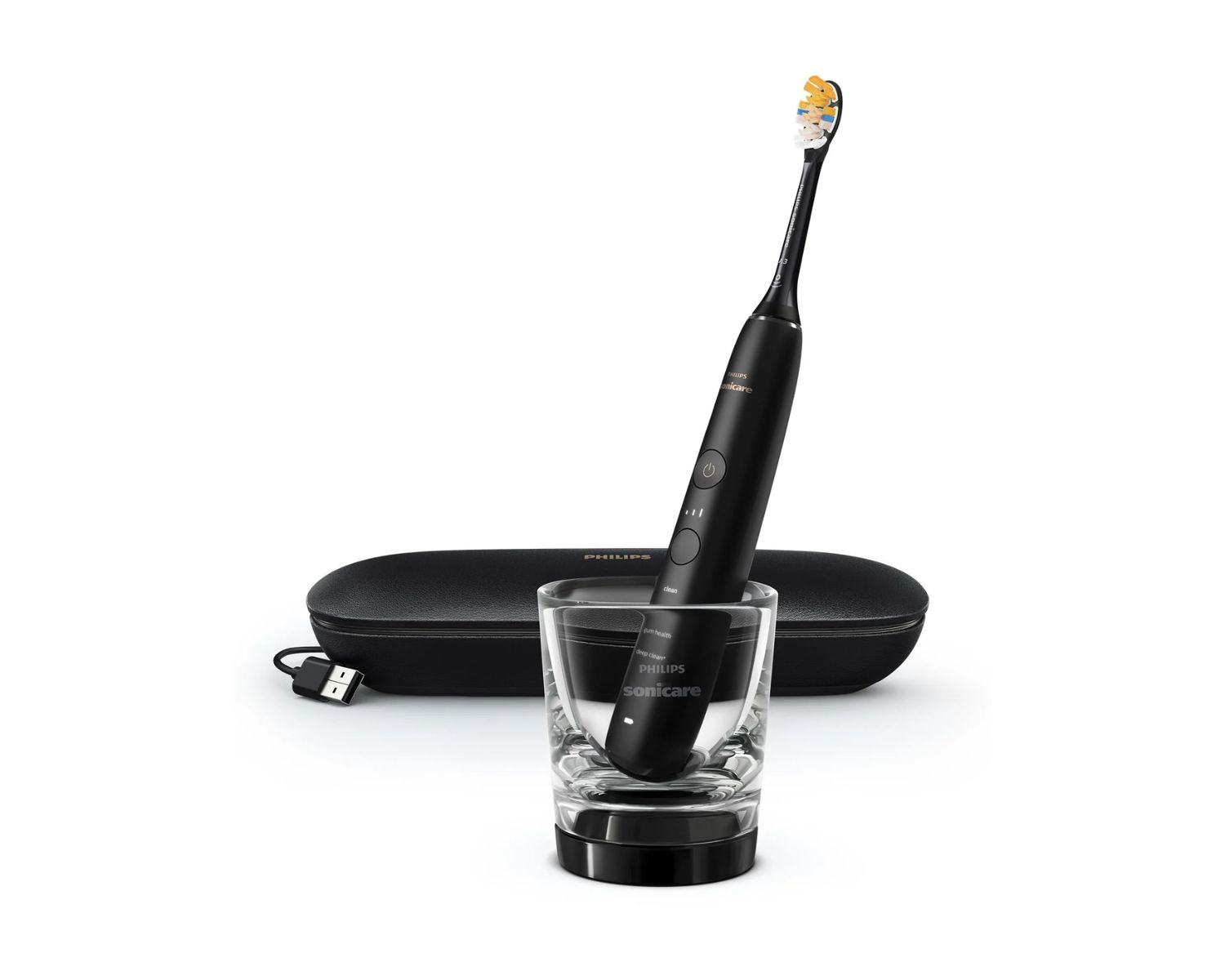
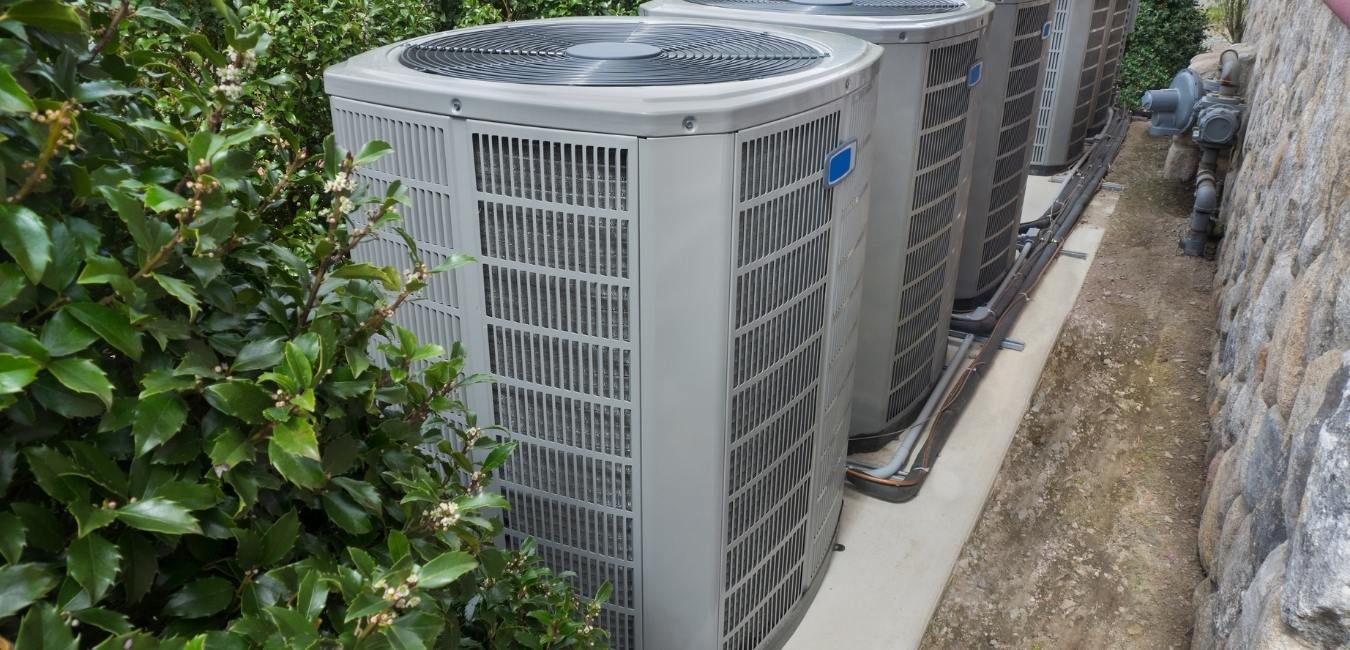
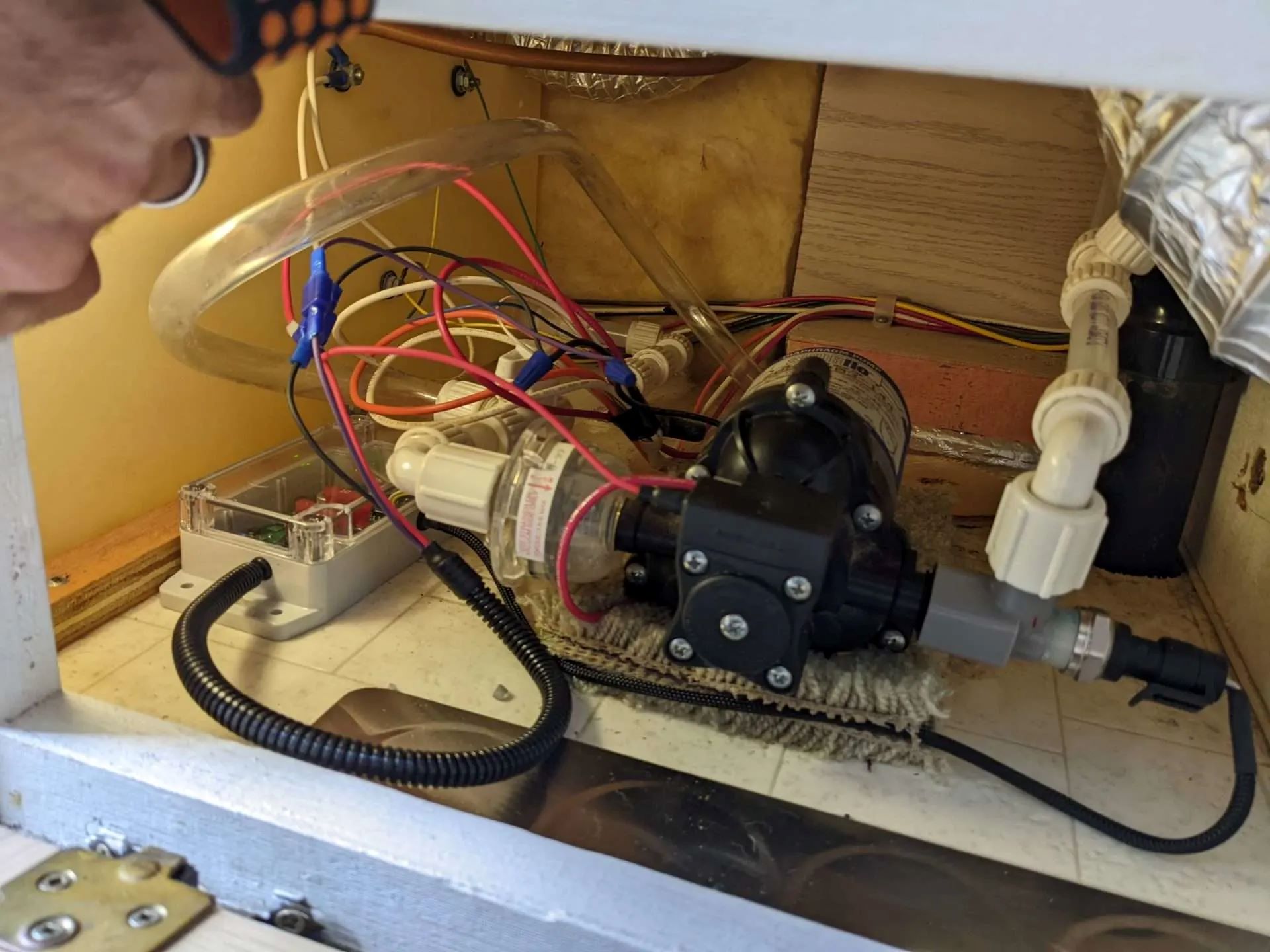
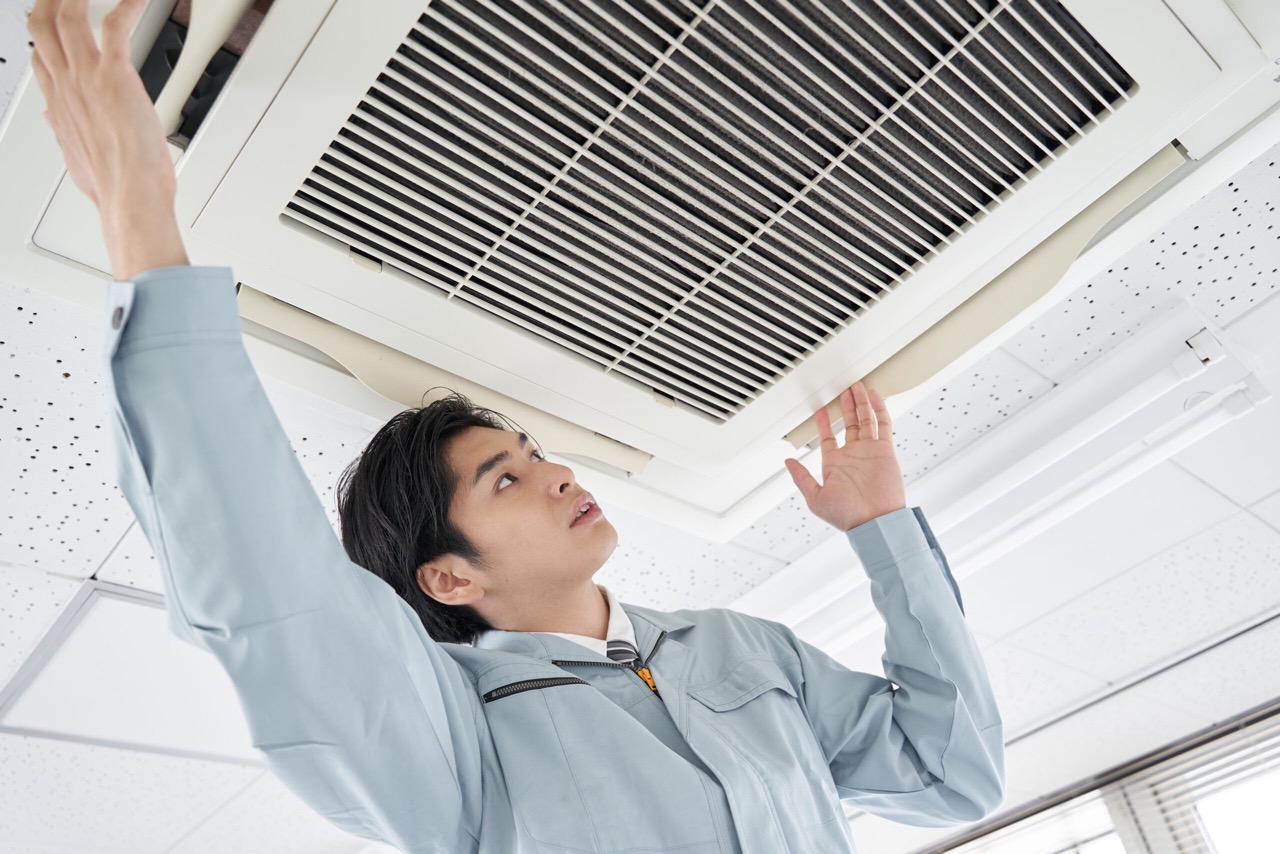
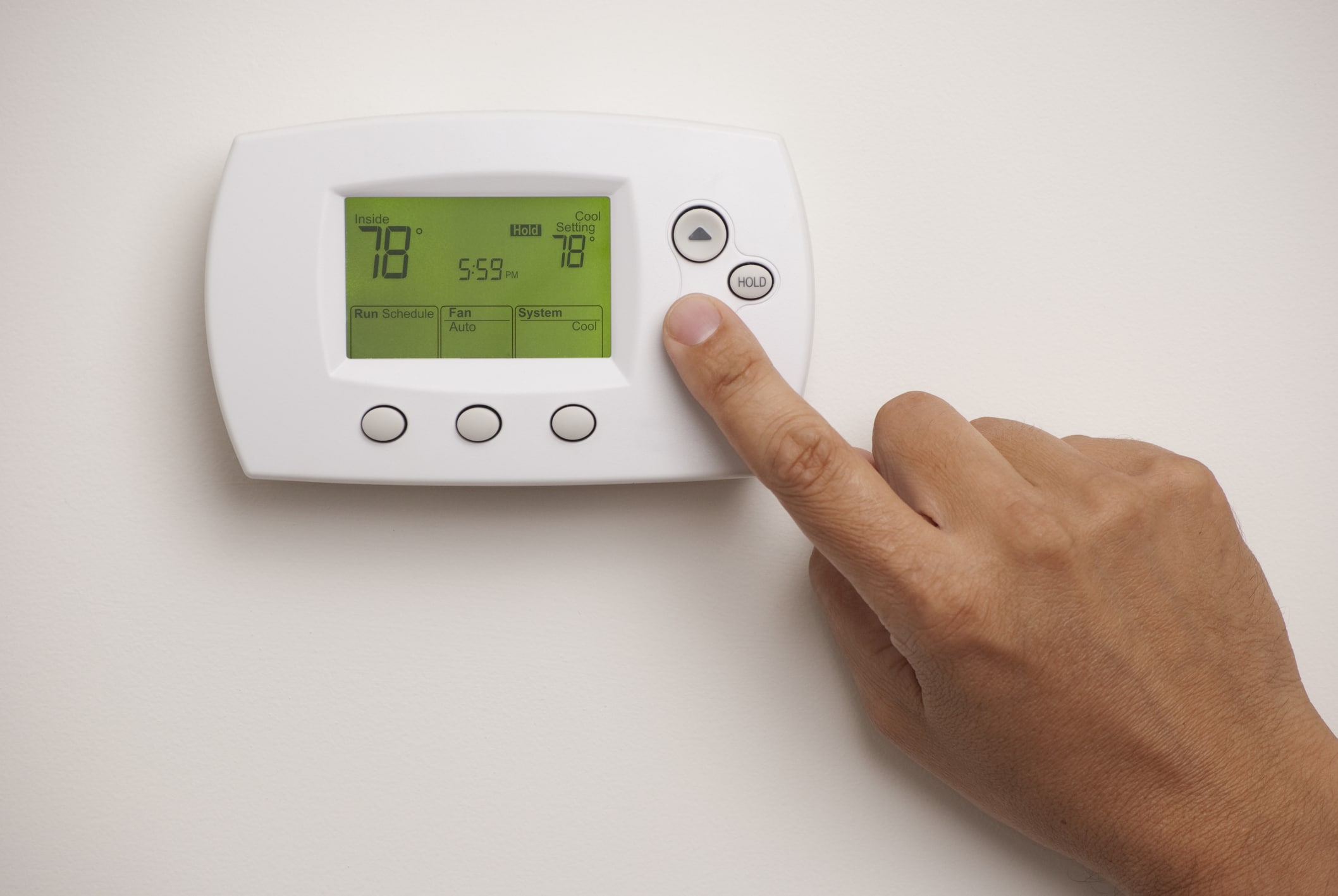
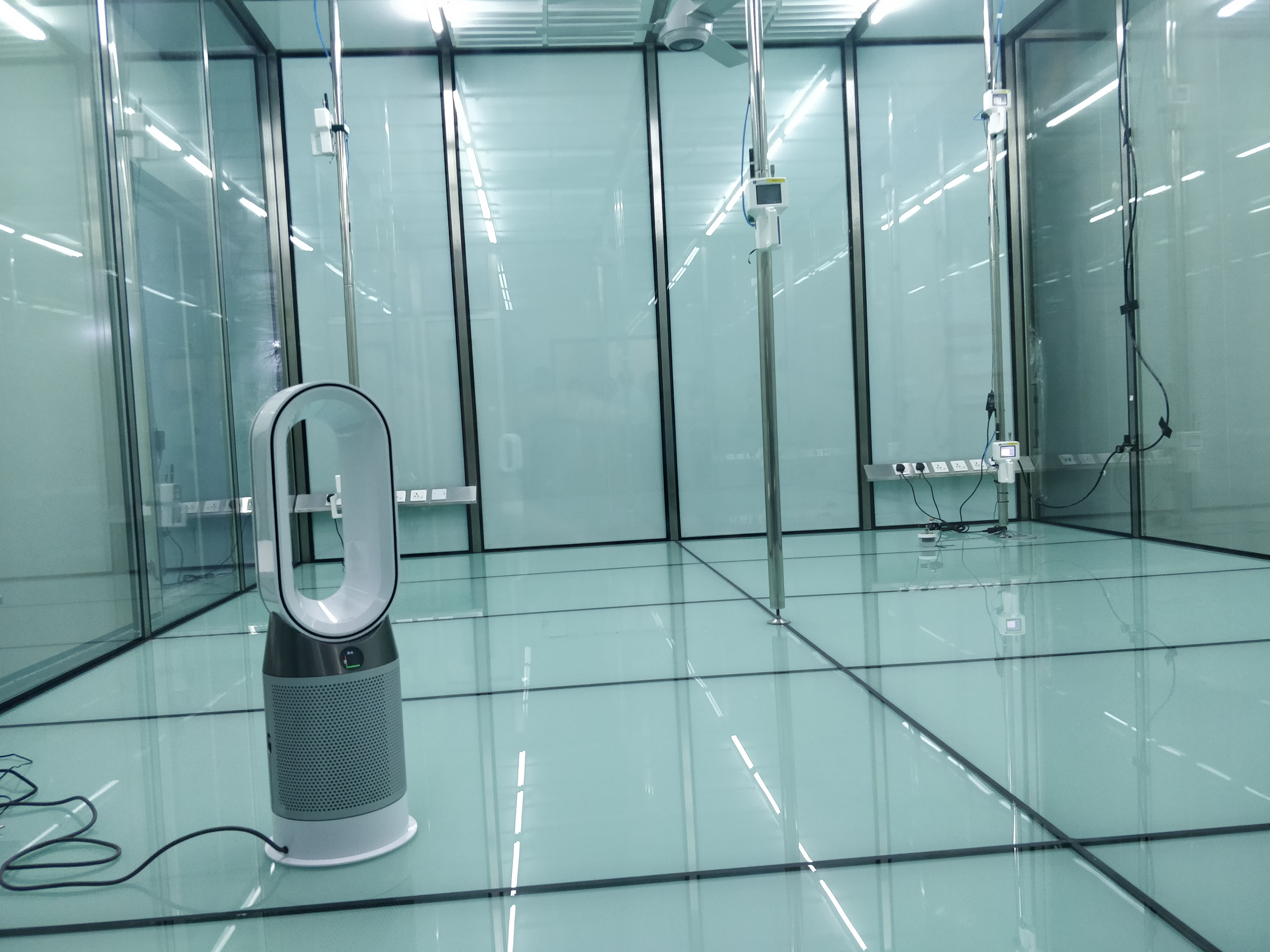
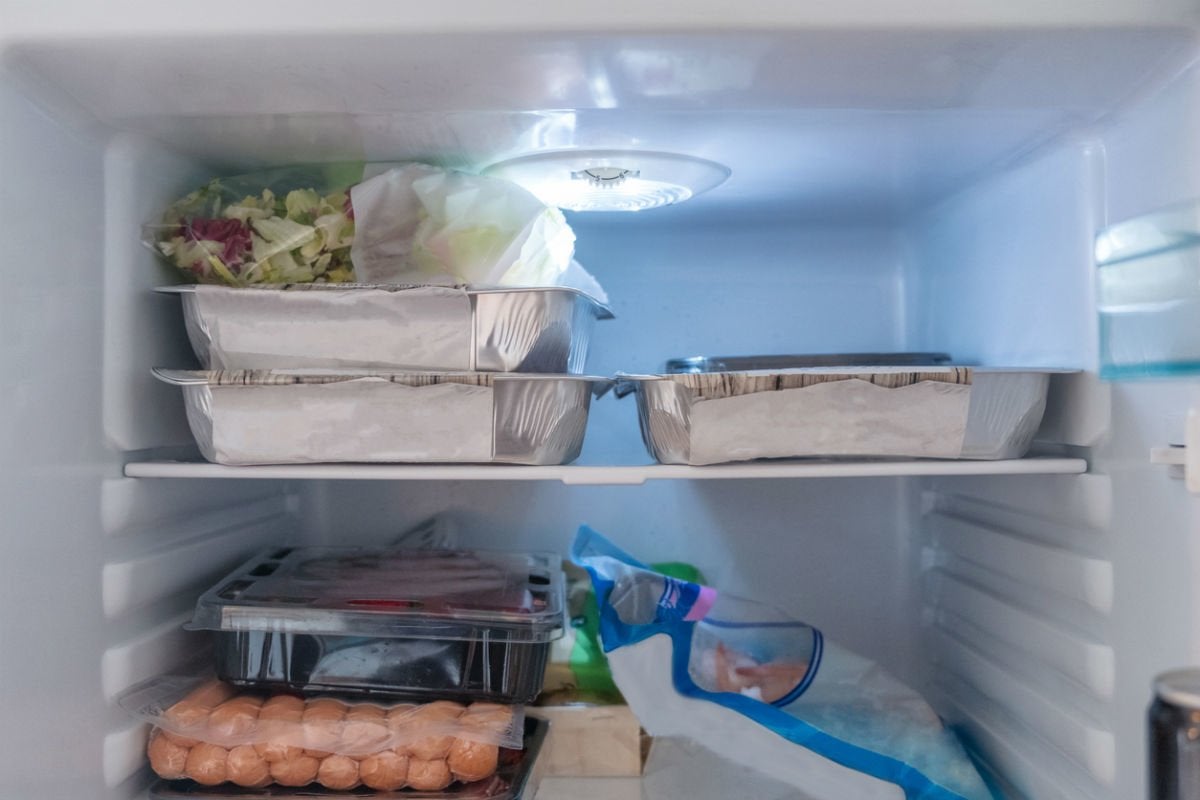
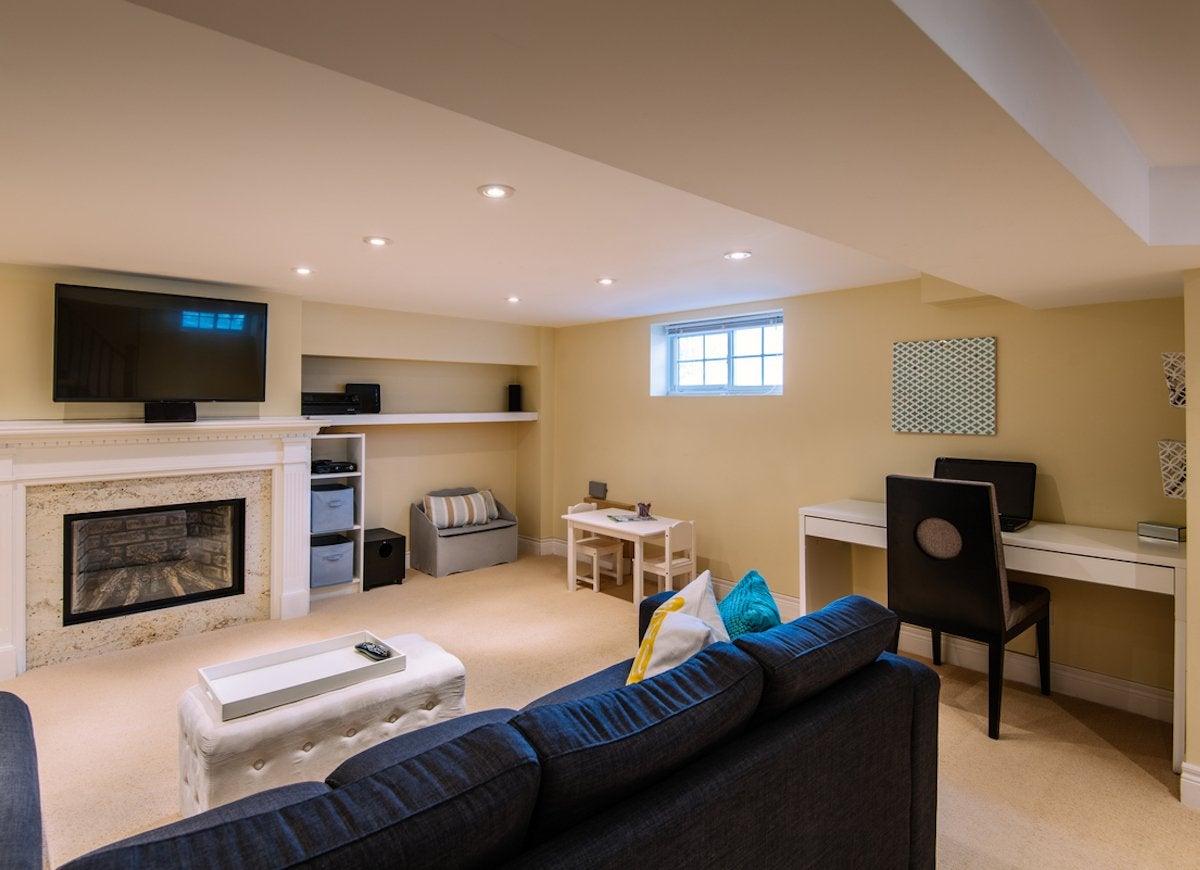
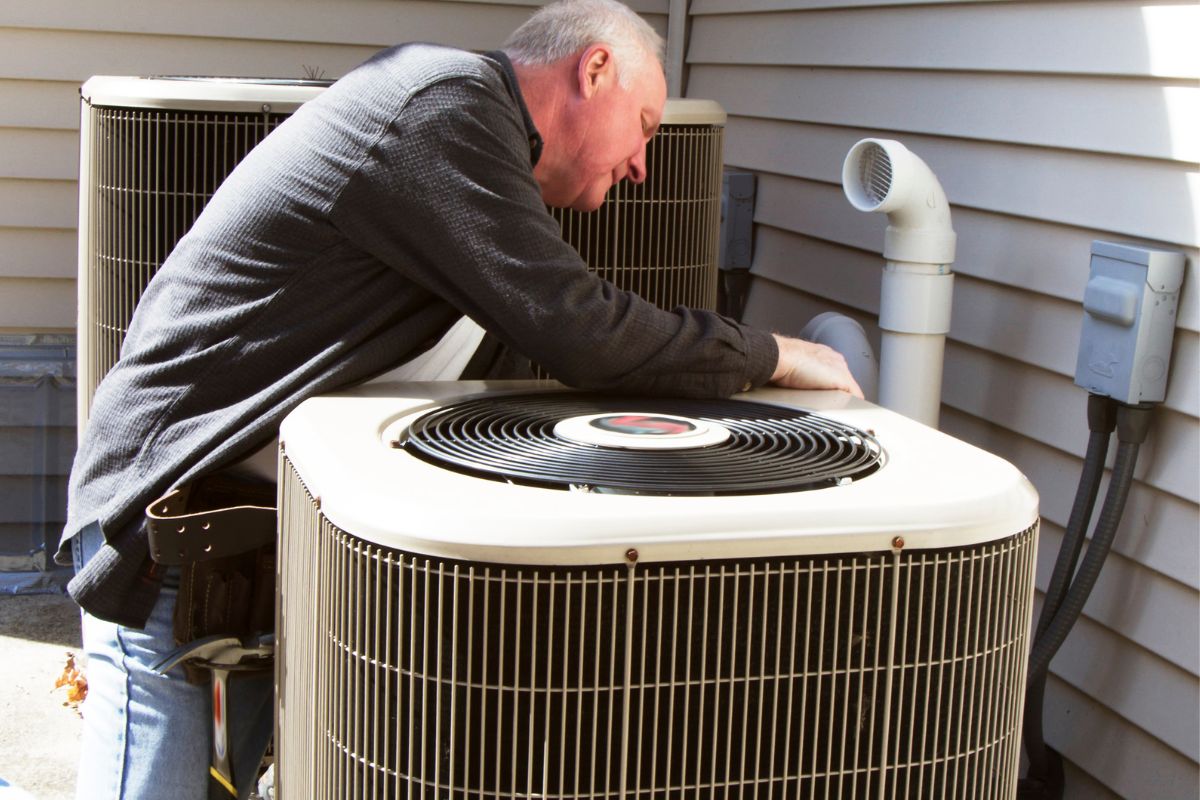
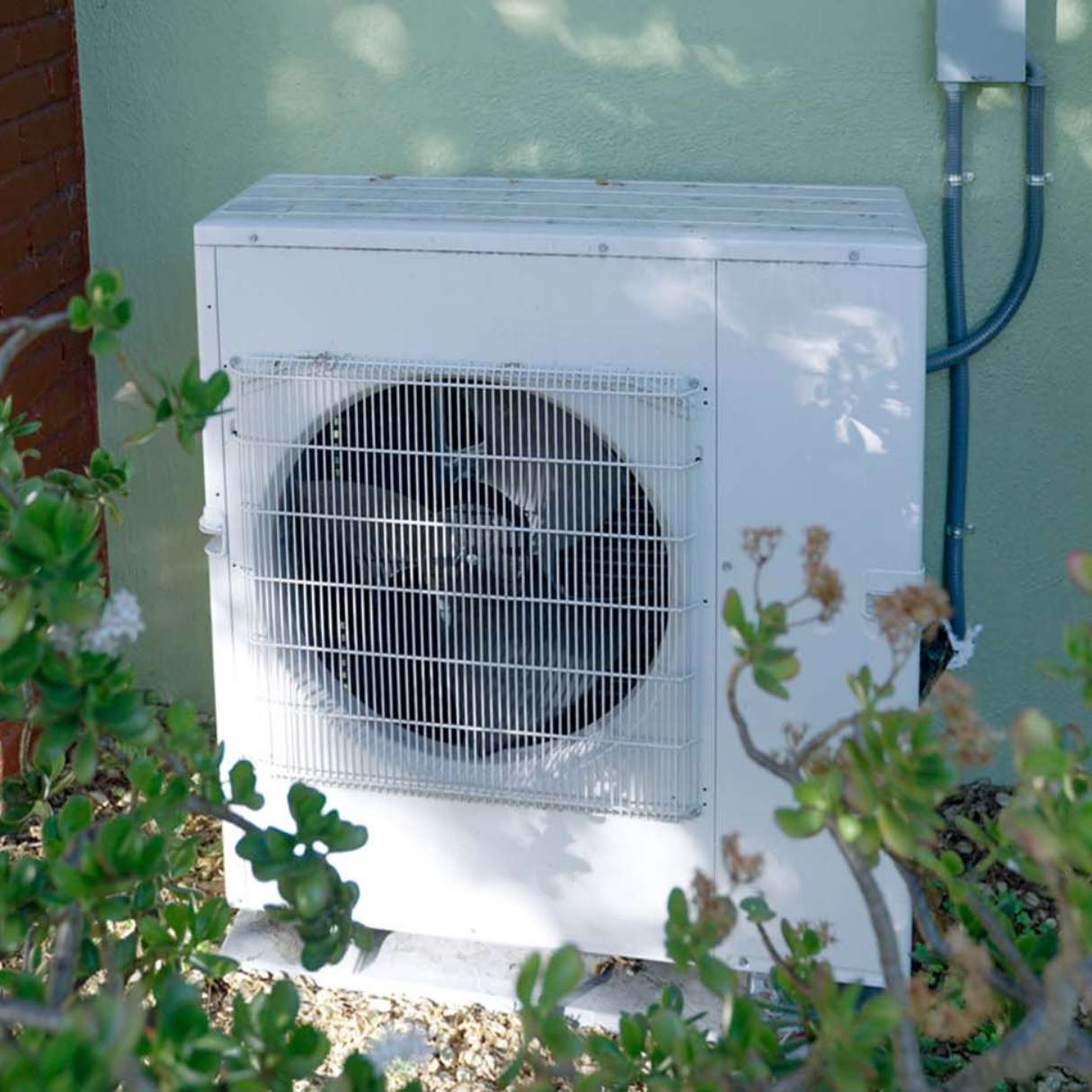
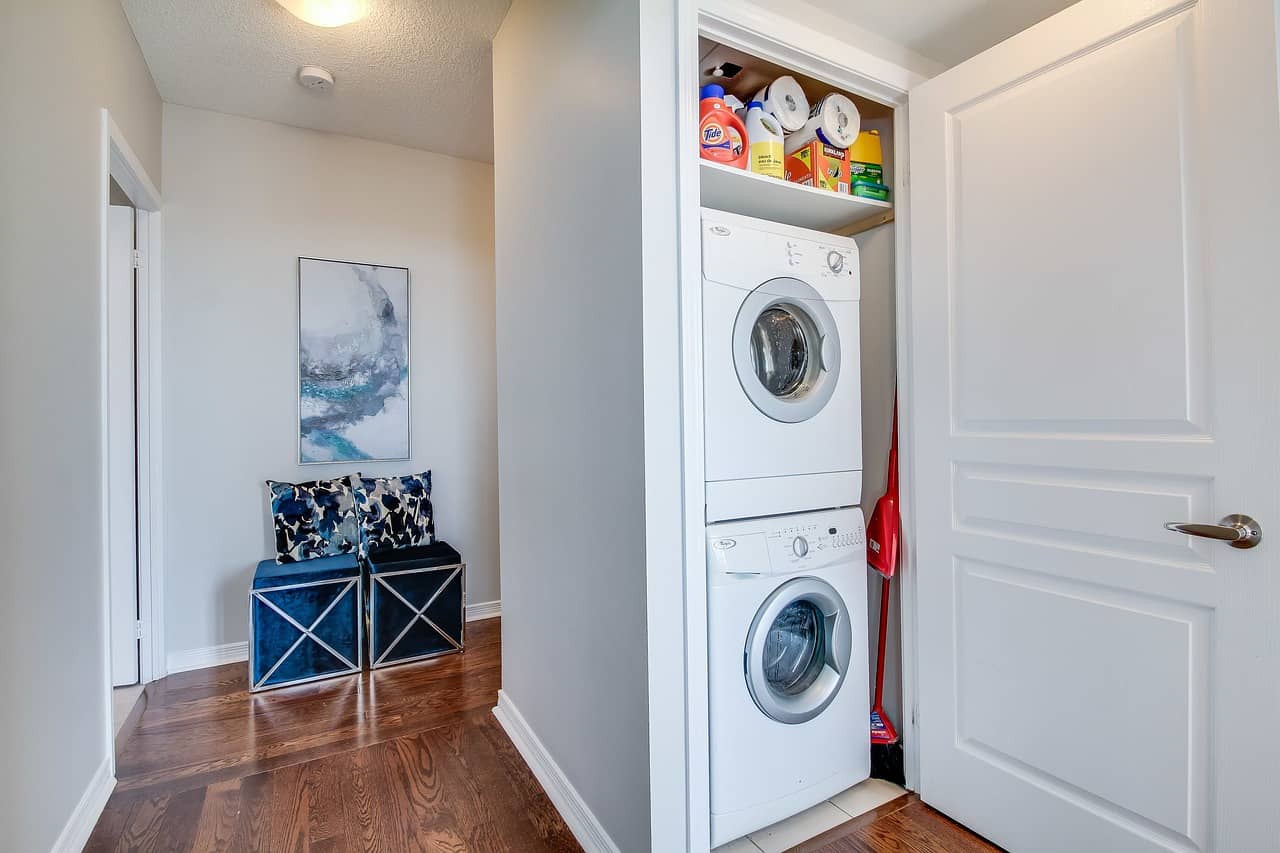

0 thoughts on “Why Is My HVAC Fan So Loud”